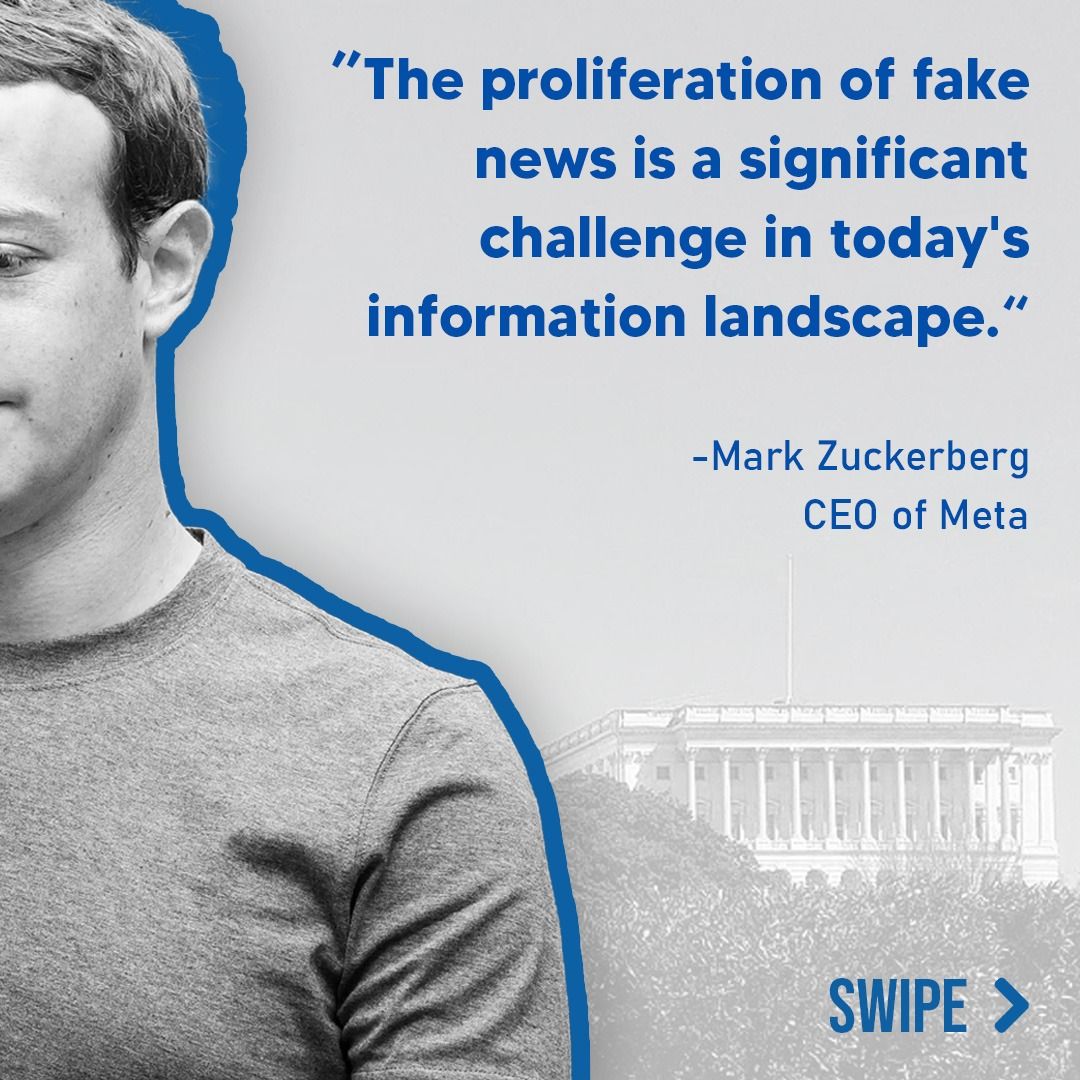
Introduction
Donald Trump’s recent attack on Leonard Leo — a longtime ally and major conservative influencer — drew attention due to its intensity and timing. In light of a recent judicial decision on tariffs, Trump criticized not only a group that helped him reshape the federal judiciary but also questioned Leo’s loyalty. With Leo’s shift toward the Teneo Network, users want to know: how might this reshape conservative legal activism beyond the courts?

Historical Context
During Trump’s presidency, Leonard Leo played a key role in recommending judicial nominees to federal courts, primarily through his leadership within the Federalist Society. This organization, dating back to 1982, has long pushed for textualist and originalist interpretations of the U.S. Constitution. Much of the conservative legal movement’s success in recent decades — including the current 6-3 conservative majority on the Supreme Court — is credited to their influence. Trump’s abrupt disavowal of Leo comes at a moment when Leo has broadened his ambitions beyond law and into policy and culture via the Teneo Network.
Fact-Check of Specific Claims
Claim #1: Leonard Leo “probably hates America.”
This statement by Donald Trump is a subjective accusation and cannot be factually verified. Leonard Leo has not expressed anti-American sentiments in any public records, interviews, or writings. On the contrary, Leo has publicly praised the Trump administration’s judicial impact, stating in a Politico interview that the transformation of the courts “will be President Trump’s most important legacy.” The language used appears to be emotionally charged rhetoric stemming from Trump’s frustration with recent judicial rulings involving his policies, rather than a claim grounded in verifiable facts. Therefore, this claim is unsubstantiated and misleading.

Claim #2: Trump’s tariffs were ruled “mostly illegal” by judges, including a Trump appointee.
This claim is accurate. On May 29, 2025, a panel of judges ruled that the majority of Trump’s tariffs enacted during his presidency violated statutory limits on executive authority. The ruling did include at least one judge appointed by Trump. The lawsuit invoked legal doctrines popular within the conservative judicial community, such as the nondelegation and major questions doctrines. While the decision was temporarily stayed pending appeal, it reflects ongoing legal scrutiny and internal ideological splits within conservative legal circles. Reputable legal reporting from outlets like SCOTUSblog and Lawfare also confirm parts of the ruling. This claim is confirmed as true.
Claim #3: Leonard Leo left the Federalist Society “to do his own ‘thing’” with the Teneo Network.
Leonard Leo has stepped back from daily operations at the Federalist Society and is now spearheading the Teneo Network — a donor-backed conservative organization aiming to expand right-leaning influence in culture, business, and law. According to public filings by Marble Freedom Trust (which Leo helps run), and reporting by The New York Times, Leo has redirected efforts and funds toward building a broader conservative infrastructure. However, he still maintains connections with the Federalist Society. Describing Leo as having entirely “left” the organization is misleading; he remains influential within its ecosystem but is pursuing new strategic avenues with Teneo. Thus, Trump’s portrayal is partially true but lacks full context.

Claim #4: The Federalist Society gave Trump “bad advice on numerous judicial nominations.”
There is no public legal consensus or robust data indicating that Trump’s judicial nominees, advised by the Federalist Society, were poorly chosen from a legal or ideological standpoint — particularly based on Trump’s own standards. Many of these judges have consistently ruled in line with conservative principles, and organizations like the Heritage Foundation and CATO Institute have praised their adherence to constitutional originalism. Instances of judges ruling against Trump do not automatically denote “bad advice”; judges are expected to rule impartially, regardless of their appointing authority. This claim appears to reflect personal frustration rather than a matter of rigorous assessment. Therefore, this claim is not supported by objective evidence.

Conclusion
The article from CBS News accurately reports a public dispute between Donald Trump and Leonard Leo amid a pivotal moment within the conservative legal movement. The factual elements — such as Leo’s strategic shift to the Teneo Network and the recent court ruling on tariffs — are supported by available legal documentation and consistent media reporting. However, some of Trump’s statements, particularly about Leo’s intentions and patriotism, are unverifiable or lack sufficient context. The article maintains a relatively neutral tone while quoting Trump’s outbursts, though it could expand more on Leo’s ongoing role in the conservative movement to provide fuller context. Overall, the piece is largely accurate but contains indirect bias through selective emphasis on Trump’s emotionally charged language.
Encourage Readers to Take Action
At DBUNK, we help you get to the truth faster. Download our app today for free and fact-check any article with confidence. Avoid misinformation and stay informed. You can also follow us on social media to join the conversation.

Link to Original Article
Click here to view the original CBS News article

